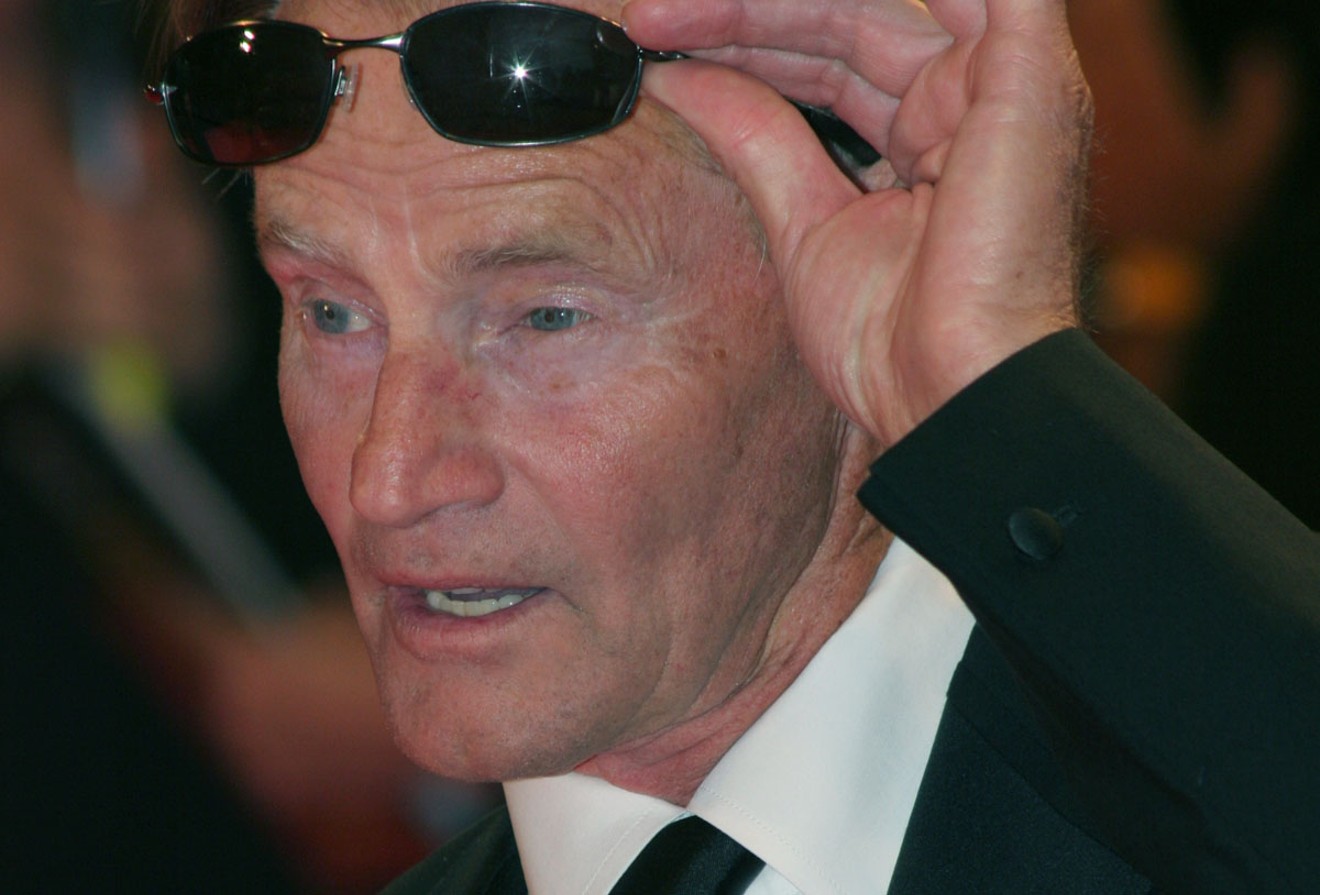When I read that Sam Shepard died, I called my friend Richard Warren. I knew that Richard, a playwright himself and a deep thinker, would understand why I wanted to talk about how the loss of Shepard’s peculiar genius mattered.
First, perhaps to comfort ourselves about his death, we ran through Shepard’s many accomplishments: His 44 published plays, including True West, Fool for Love, and Buried Child, which won the Pulitzer Prize in 1979. His movie roles, including an Oscar-nominated turn in Philip Kaufman’s The Right Stuff in 1983. His stint as an early '60s folkie, performing with the psych-folk band The Holy Modal Rounders onstage and on vinyl.
Richard and I agreed about how it’s too easy to canonize our favorites — writers or actors or singers whose work stood apart, or moved us in some particular way. “But he was like us,” Richard said about Shepard, who died last week at age 73 from complications of ALS. “We related to him because he insisted on realness in order to get his stories and his characters across. There was this honesty without pretense or posturing.”
That was most evident, Richard said, in Shepard’s writing, which tended toward morose and — particularly early in his career — absurdist drama, often about families in turmoil. “His plays did what playwrights all aspire to do, but few of us can do it,” Richard confided. “He revealed the human condition by showing the things people fear they really are.”
I told Richard I thought that was risky, that most audiences liked to be entertained but not enlightened. That was what set Shepard’s plays apart, Richard insisted. He could do both.
“With Shepard, you’re entertained if you want to be enlightened. He brings us the opposite of escapism. He grabs you and says, ‘This is what life is about. You’re born and you die, and in between you’re trying to live the best you can.’ And somewhere in there, he reminds us we have no control over any of it. It’s a hard message to take, but he writes so beautifully you can’t help but feel good.”
I confessed to Richard that I’d come to think of Shepard as someone who was a creative person best known for playwriting. He worked in so many media, and so well, he really was an artist in the truest sense.
Yes, Richard agreed. But you always got the same thing from Shepard, whether he was acting or writing or directing a play: emotional honesty. He told me again that playwrights all try to bring that candor to the page. Mostly, Richard said, they fail.
“The thing Sam Shepard did so well was to keep us thinking,” Richard told me. “You’re watching his play, and you’re trying to figure out what’s happening on stage, and then the play’s over. Isn’t life like that? Life is like that.”
[
{
"name": "Air - MediumRectangle - Inline Content - Mobile Display Size",
"component": "18478561",
"insertPoint": "2",
"requiredCountToDisplay": "2"
},{
"name": "Editor Picks",
"component": "16759093",
"insertPoint": "4",
"requiredCountToDisplay": "1"
},{
"name": "Inline Links",
"component": "17980324",
"insertPoint": "8th",
"startingPoint": 8,
"requiredCountToDisplay": "7",
"maxInsertions": 25
},{
"name": "Air - MediumRectangle - Combo - Inline Content",
"component": "16759092",
"insertPoint": "8th",
"startingPoint": 8,
"requiredCountToDisplay": "7",
"maxInsertions": 25
},{
"name": "Inline Links",
"component": "17980324",
"insertPoint": "8th",
"startingPoint": 12,
"requiredCountToDisplay": "11",
"maxInsertions": 24
},{
"name": "Air - Leaderboard Tower - Combo - Inline Content",
"component": "16759094",
"insertPoint": "8th",
"startingPoint": 12,
"requiredCountToDisplay": "11",
"maxInsertions": 24
}
]











